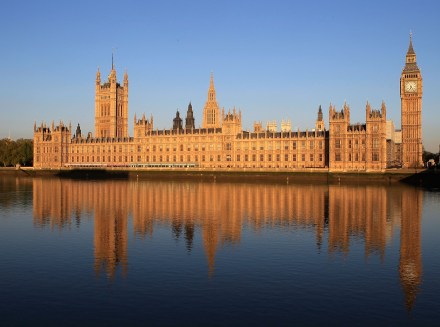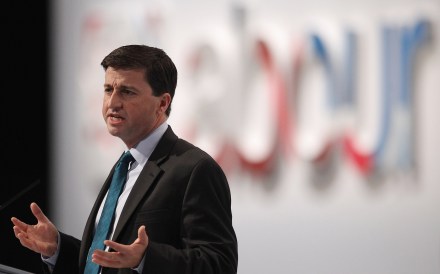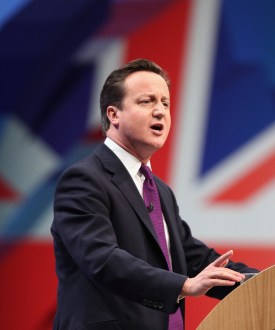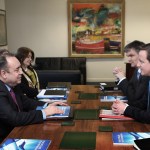Skintland: Heads I Win, Tails You Lose
Crivvens, what a stramash there’s been over the cover of the Economist’s UK edition this week. Skintland is a pretty feeble effort, really, and one not entirely supported by the evidence the Economist brings to support its case. Nevertheless, the dismal chippyness of much of the nationalist reaction to this was more offensive than anything any London newspaper could say on the subject of Caledonian indepndence. There was talk, on twitter admittedly, of reporting the Economist to the Race Relations Industry as well as the Press Complaints Commission. The cover illustration was reputed to be grossly offensive (to all Scots, no less) and, worse still, it was said to be









